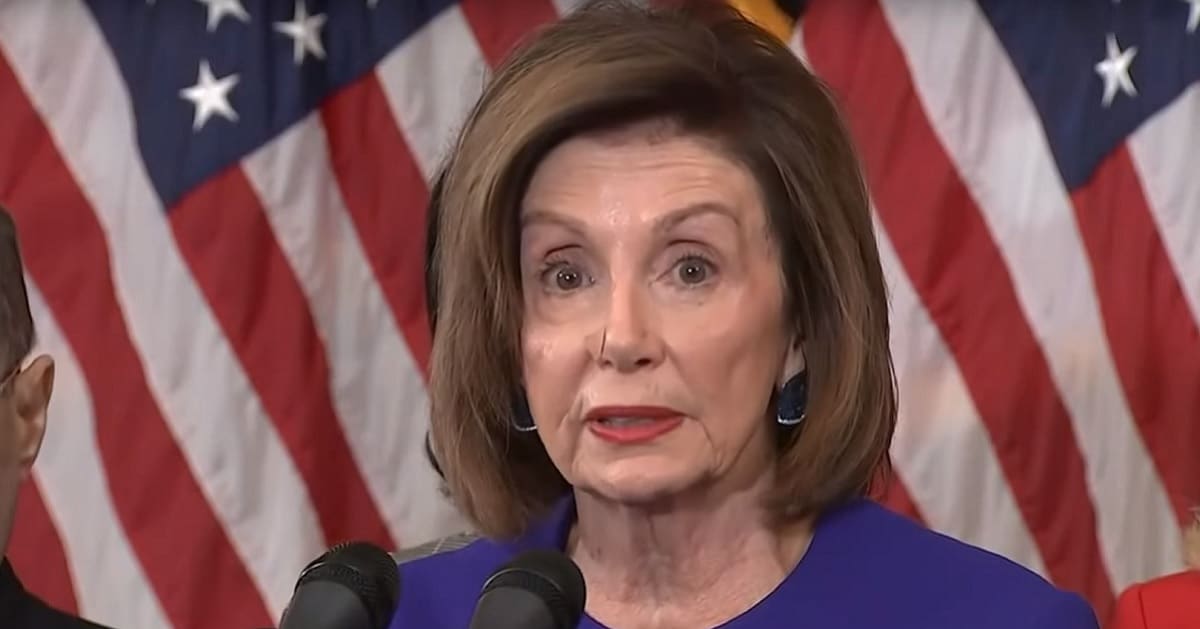




In a landmark decision, the Supreme Court upheld a controversial tax provision, potentially paving the way for broader taxation frameworks like a wealth tax.
Red State reported that the high court's ruling affirmed the constitutionality of the mandatory repatriation tax, a crucial element of the 2017 Tax Cuts and Jobs Act.
The mandatory repatriation tax was a significant component of President Trump's tax reform, aiming to tax U.S. citizens and companies on overseas investments' increased value rather than actual income received. On Thursday, the Supreme Court delivered a 7-2 decision validating this tax approach.
Justice Brett Kavanaugh penned the majority opinion, with a dissent from Justices Clarence Thomas and Neil Gorsuch. Chief Justice John Roberts also supported the majority, highlighting the decision's alignment with previous court views on taxation.
The case originated from a dispute by Charles and Kathleen Moore, who in 2005 invested $40,000 in KisanKraft, an Indian company, and saw their investment value increase without actual profit realization. Faced with a $14,729 tax bill under the MRT, despite no real income, the Moores challenged the tax's constitutionality.
Justice Ketanji Brown Jackson, concurring with the majority, argued that taxing unrealized gains did not need specific constitutional endorsement beyond what is necessary for administrative convenience. Her perspective emphasized the broad powers of Congress in tax legislation.
The Moores, after paying the tax, pursued legal action against the federal government, asserting that the MRT infringed on the 16th Amendment. However, the court found that the tax was appropriately applied under existing constitutional frameworks.
The ruling was careful to specify that it did not permit double taxation—taxing both an entity and its shareholders on the same undistributed corporate income. This clarification was crucial in the majority opinion.
The court's handling of the MRT drew parallels to its previous approach to the ObamaCare mandate, which it had upheld as a tax rather than a compulsory purchase of insurance. Chief Justice Roberts, in his previous statements on the healthcare law, noted that individuals could choose between purchasing insurance or paying a tax, emphasizing the flexibility in compliance.
This comparison is pivotal as it illustrates the consistency in the court's rationale regarding the use of taxation as a tool for policy implementation. The decision reaffirms the government's ability to impose taxes as a means of influencing economic and social policies.
An unnamed source, reflecting on the political landscape when the MRT was enacted, hinted at the broad bipartisan implications of such fiscal policies, emphasizing the extensive legislative and executive support the Tax Cuts and Jobs Act enjoyed at its inception.
The implications of this decision are vast, potentially affecting future tax legislation and economic policy. By establishing a precedent for taxing unrealized gains, the Supreme Court has opened doors for discussions on more comprehensive tax measures like a wealth tax.
Experts suggest that this decision could lead to a reevaluation of how wealth and income are taxed in the U.S., particularly in how such taxes could be used to address economic inequality.
The court's decision has not only legal but also significant political and economic ramifications, affecting future legislative actions and possibly the financial obligations of U.S. citizens and businesses both domestically and abroad.
The Supreme Court's ruling on the mandatory repatriation tax confirms the broad scope of congressional power in tax policy. This decision not only impacts those immediately involved but also sets a critical legal precedent for future tax policy in the United States.
The ruling's nuances, particularly its stance on unrealized gains and the prevention of double taxation provide a clearer path for future legislative and judicial considerations regarding taxation.
In conclusion, the Supreme Court's decision marks a significant moment in U.S. tax law, defining the limits and possibilities of fiscal policy in modern economic governance. This could lead to substantial changes in how economic policies are crafted and implemented in the future.



